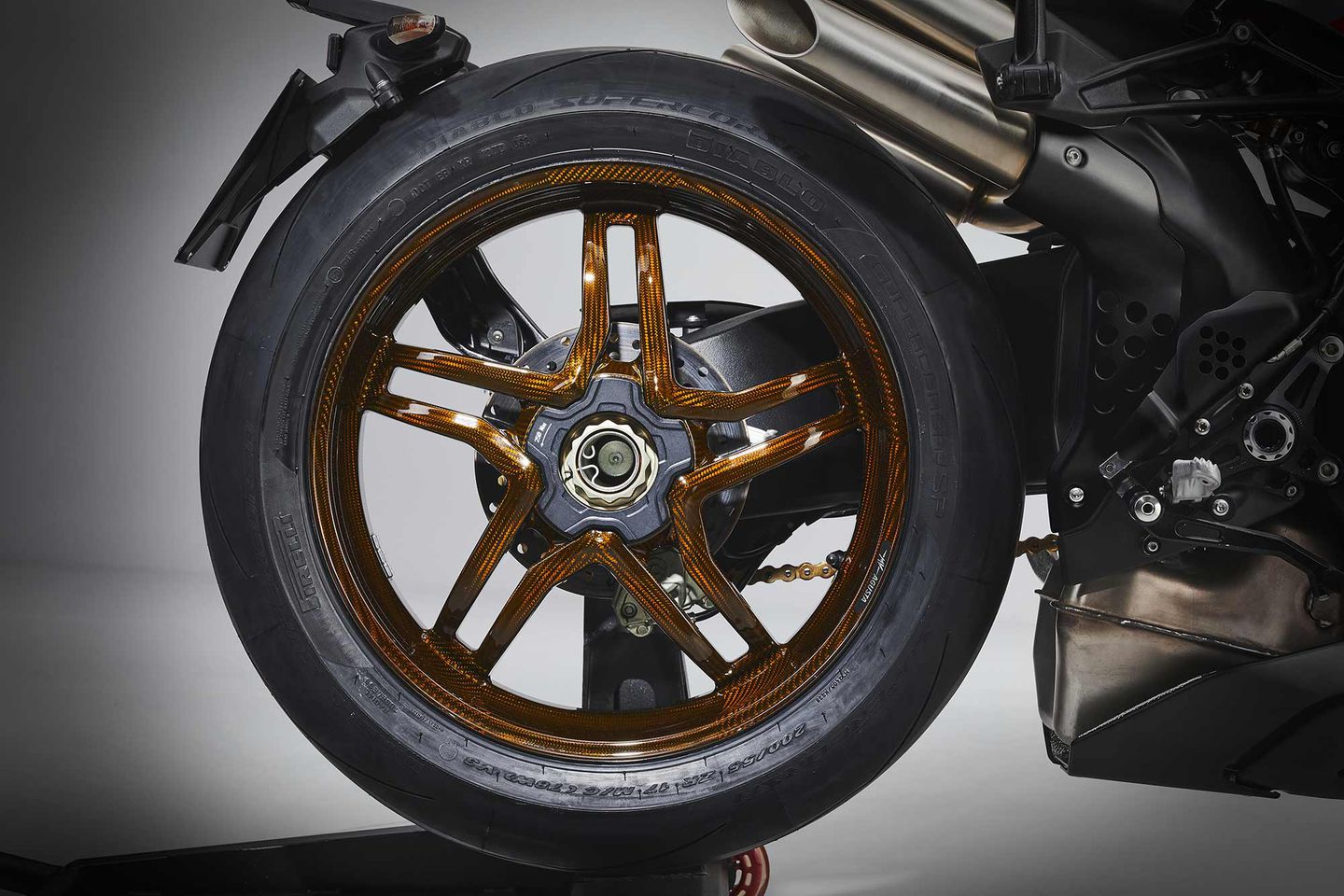Subtotal:$0.00
Carbon Fiber VS Aluminum
:
from
to
Clear
Clear
Oct 12, 2024
Carbon fiber is incredibly strong, especially considering its light weight. It has a high strength-to-weight ratio, meaning it can withstand significant forces while being relatively lightweight compared to materials like steel or aluminum. Carbon fiber and aluminum are often compared in terms of strength, weight, and application suitability.

1. Strength-to-Weight Ratio
- Carbon Fiber: Has a much higher strength-to-weight ratio than aluminum. It is about five times stronger than aluminum per unit of weight. This makes it ideal for applications where reducing weight is crucial, like in aerospace, high-performance motorcycle parts, and racing equipment.
- Aluminum: While aluminum is relatively strong and lightweight compared to many metals, its strength-to-weight ratio is lower than that of carbon fiber. However, it's still significantly lighter than steel, and more affordable.
2. Tensile Strength
- Carbon Fiber: Tensile strength ranges from 3,500 MPa to 6,000 MPa, depending on the grade. This means it can withstand higher levels of tensile stress before breaking, especially when compared to aluminum. This may not apply to items like bodywork and fairings, since they are not needed to withstand high tensile strength.
- Aluminum: Typical tensile strength of aluminum alloys ranges from 250 MPa to 600 MPa. While strong for many applications, it's still much lower than carbon fiber in terms of tensile strength.
3. Stiffness
- Carbon Fiber: Stiffer than aluminum, with a modulus of elasticity (Young’s modulus) in the range of 200-600 GPa. This stiffness helps carbon fiber retain its shape under stress but also makes it more brittle. This makes it similar to aluminum, in the aspect that it wont do well in a situation where bending or flexing is required.
- Aluminum: Has a lower modulus of elasticity, around 69 GPa, which means it is less stiff and more prone to bending under stress. This flexibility can be an advantage in some applications where resistance to deformation is more important than outright strength.
4. Weight
- Carbon Fiber: Much lighter than aluminum. It’s about 40% lighter than aluminum for an equivalent volume of material, which is a significant advantage in applications like aircraft or racing motorcycles. Sportbike wheels are utilizing carbon fiber in many applications, purely for substantial weight savings.
- Aluminum: Still lightweight (about one-third the weight of steel), but heavier than carbon fiber. Aluminum wheels are the most common for performance, simply due to their lower cost of manufacturing than carbon wheels.
5. Durability and Fatigue Resistance
- Carbon Fiber: It resists corrosion and fatigue well. However, it is brittle, so it's susceptible to cracking under sudden or high-impact forces. Any motorcycle parts that are prone to impact, will need to be considered as "1 and done". If a carbon fiber piece takes a large impact, it will most likely not be able to be used again.
- Aluminum: More durable in terms of impact resistance. It can bend and deform before it fails, making it less prone to catastrophic failure. However, aluminum can corrode over time, although corrosion-resistant alloys are available.
6. Cost
- Carbon Fiber: Generally much more expensive due to its complex mold and manufacturing process. The cost is a significant factor in limiting its use to high-performance or specialized applications. Often times customers will have sticker shock over the price of a carbon fiber bellypan or fairing. The more shapes and mounting points that a carbon fiber piece has, the more the cost of production increases.
- Aluminum: More affordable and easier to machine or fabricate, making it more common in everyday products like bicycles, motorcycle frames, and wheels.
Overall, carbon fiber is an amazing material for sportbike and superbike applications. While there are some limiting factors to its widespread use, the weight savings and durability typically makes it worth the extra cost. Motovation is a large importer of carbon fiber products for motorcycles, and can address any questions or concerns you have with carbon fiber use on your project or race bike.




